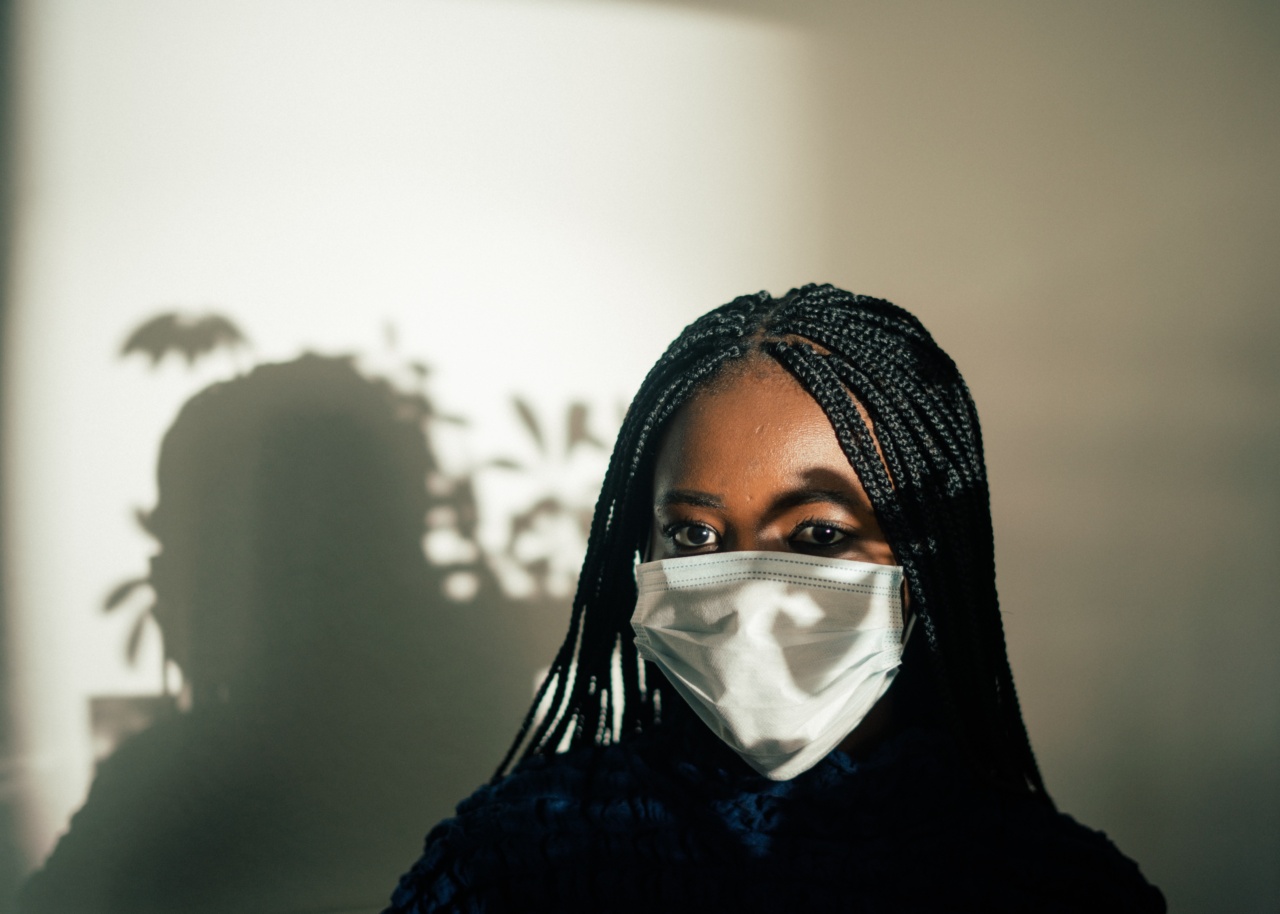As parents, one of our top priorities is ensuring the safety and well-being of our children. When it comes to spending time outdoors, sun safety should be at the forefront of our minds.
The sun’s rays can be harmful, and unprotected exposure can lead to sunburns, skin damage, and even an increased risk of skin cancer later in life. In this article, we will discuss some essential tips for keeping your child protected from the sun.
1. Apply Sunscreen
The first and most crucial step in sun safety is regularly applying sunscreen to your child’s skin. Choose a broad-spectrum sunscreen with an SPF of at least 30. Remember to apply it to all exposed areas, including the face, ears, hands, and feet.
Reapply sunscreen every two hours, especially if your child is sweating or swimming.
2. Seek Shade
Limit the amount of time your child spends in direct sunlight, especially during peak hours between 10 am and 4 pm when the sun’s rays are the strongest.
Find shady spots, such as under trees or using umbrellas, to provide relief from direct sunlight. Plan outdoor activities early in the morning or later in the afternoon to minimize sun exposure.
3. Dress Appropriately
Choosing the right clothing can also provide an extra layer of sun protection for your child. Opt for loose-fitting, lightweight, and tightly woven fabrics that cover as much skin as possible.
Long-sleeved shirts, long pants, and wide-brimmed hats are great options to shield your child from the sun. Don’t forget to protect their eyes with sunglasses that block UV rays.
4. Stay Hydrated
Spending time outdoors, especially in hot weather, can lead to dehydration. Make sure your child drinks plenty of fluids, preferably water, throughout the day.
Encourage regular hydration breaks during outdoor activities to keep their bodies cool and prevent heat-related illnesses.
5. Teach Sun-Safe Habits
Take the opportunity to educate your child about the importance of sun safety from an early age. Teach them to seek shade when the sun is too strong, apply sunscreen correctly, and wear protective clothing.
By instilling these habits early on, they are more likely to continue practicing sun safety as they grow older.
6. Use Sun-Protective Accessories
In addition to sunscreen and protective clothing, using sun-protective accessories is another great way to keep your child safe. Look for strollers, playpens, and car seats with built-in sunshades or attachable sun protectors.
These accessories provide an extra layer of shade and block harmful UV rays.
7. Be Mindful of Medications
Some medications can increase your child’s sensitivity to the sun. If your child is taking any prescription or over-the-counter medications, read the labels or consult their healthcare provider to determine if sun sensitivity is a side effect.
If so, take extra precautions to protect their skin from the sun.
8. Set a Good Example
As parents, we play a significant role in shaping our children’s behaviors. Practice what you preach by following sun safety precautions yourself.
Remember to wear sunscreen, seek shade, and dress appropriately when you’re outdoors with your child. By setting a good example, you teach them the importance of sun protection through your actions.
9. Be Aware of Reflection
Reflective surfaces, such as water, sand, or concrete, can amplify the sun’s rays and increase your child’s exposure.
Keep this in mind when planning outdoor activities near reflective surfaces and take extra precautions by applying sunscreen more frequently and providing additional shade.
10. Regularly Check for Changes
Lastly, it’s essential to regularly check your child’s skin for any changes or abnormalities. Look for any new moles, growths, or spots that have changed in size, shape, or color.
If you notice anything concerning, consult a dermatologist for further evaluation.

























